Regardless of the outcome of negotiations, Walmsley stated that the industry would need a transition period of two years to adapt to any changes that Brexit may bring about.
The new CEO has already shown that she is not afraid to make tough decisions that would be unpopular in the company’s country of base, after axing plans to create a new £350 million manufacturing plant in Cumbria. This move had the headline figure of denying the creation of 320 jobs for the area, not the kind of splash that the government would welcome in the run-up to Brexit.
It is emblematic of a clear sense of direction in Walmsley’s reign that was extended in the second quarter statement, where a more definitive shape took place to her plans for the company. The long-called for shake up of GSK’s R&D long-terms plans arrived with a decision to jettison 30 developmental projects currently in the pipeline announced. Beyond this, there were plans to drive focus towards oncology and immune-inflammatory disease – an angle that was suspected after GSK announced a leading expert in immuno-oncology would join the board.
The overall message seemed to be a greater effort towards streamlining its R&D pipeline, with rare diseases looking to join its antibiotics unit on the chopping board. This also included suggestions that GSK would look to make acquisitions to bolsters its pipeline, after making comparatively few deals compared to others in big pharma.
It was announced that 80% of R&D expenditure will focus on its current two leading areas – Respiratory and HIV/infectious diseases – and into two potential areas of growth, Oncology and Immuno-inflammation.
A statement from Walmsley was attached to the statement: "Q2 was another quarter of progress for GSK with Group sales up 3% to £7.3 billion and Adjusted EPS of 27.2p. Our priority for the second half of the year is to maintain this momentum and prepare for the successful execution of several important near-term launches in Respiratory, Vaccines and HIV."
With news emerging from GSK at a fast clip and combined with these announcements, it is becoming much clearer that focus would be on the pharmaceutical side of the business – especially after the prospective sales of healthcare brands Horlicks and MaxiNutrition.
However, the challenges of reinvigorating its oncology line-up, after selling a core part of this to Novartis only two years ago, could be a long-time in fruition. There is scope to do this, with the next generation of drugs expected to come through in 2020 and no looming patent expiries until 2026.





 ALL
ALL Pharma in China
Pharma in China Pharma Experts
Pharma Experts Market News
Market News Products Guide
Products Guide Brand Story
Brand Story
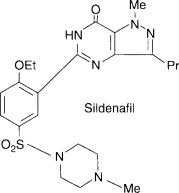
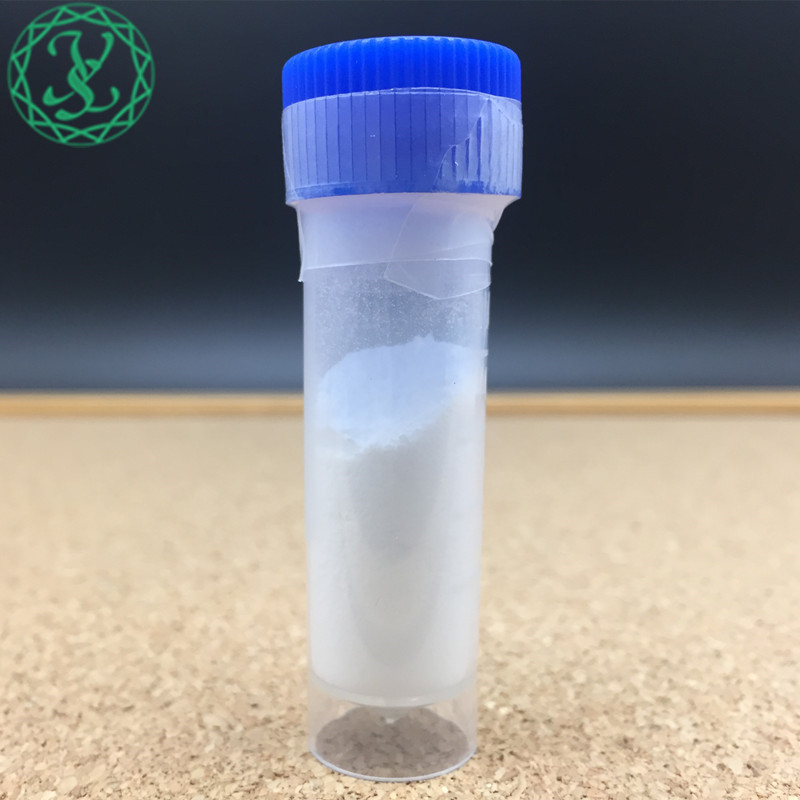
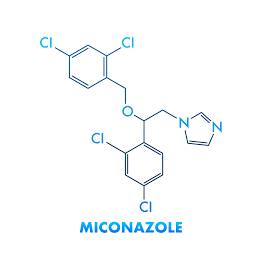











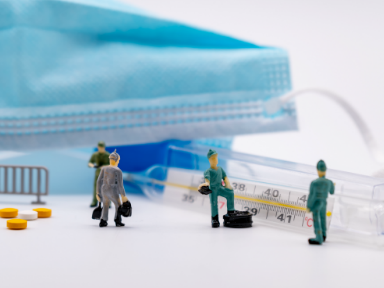
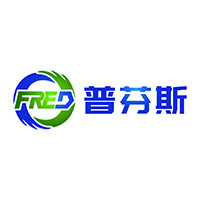


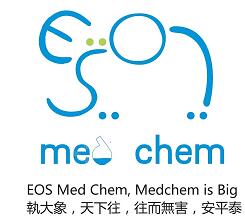
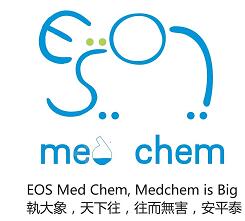





 Pharma Sources Insight January 2025
Pharma Sources Insight January 2025








